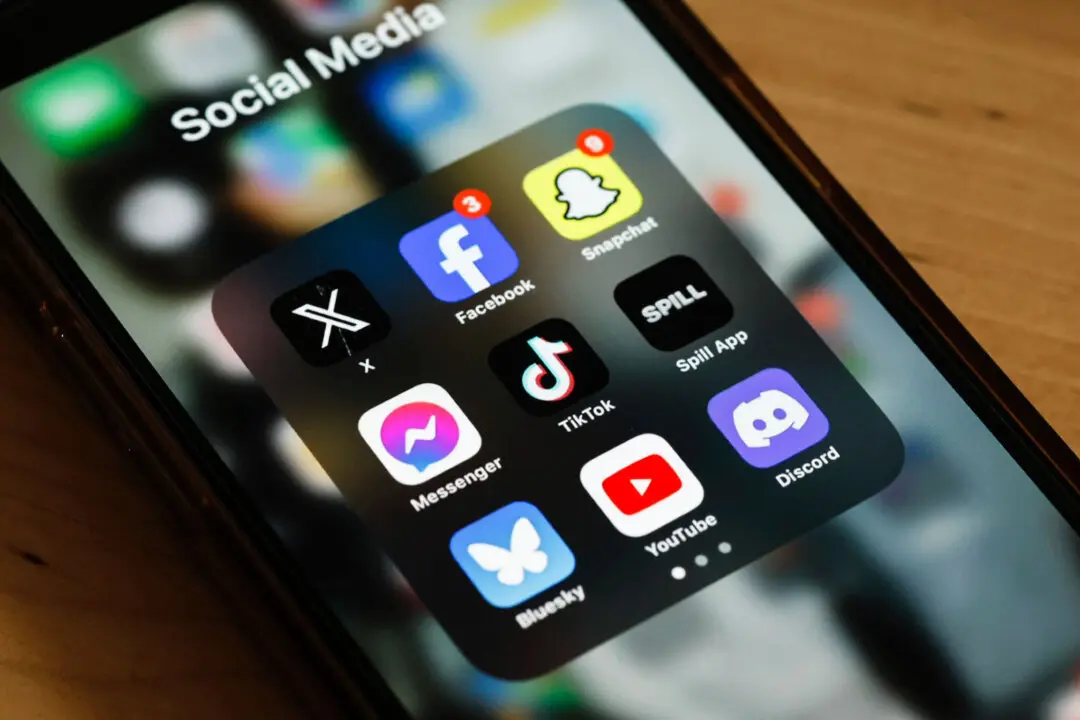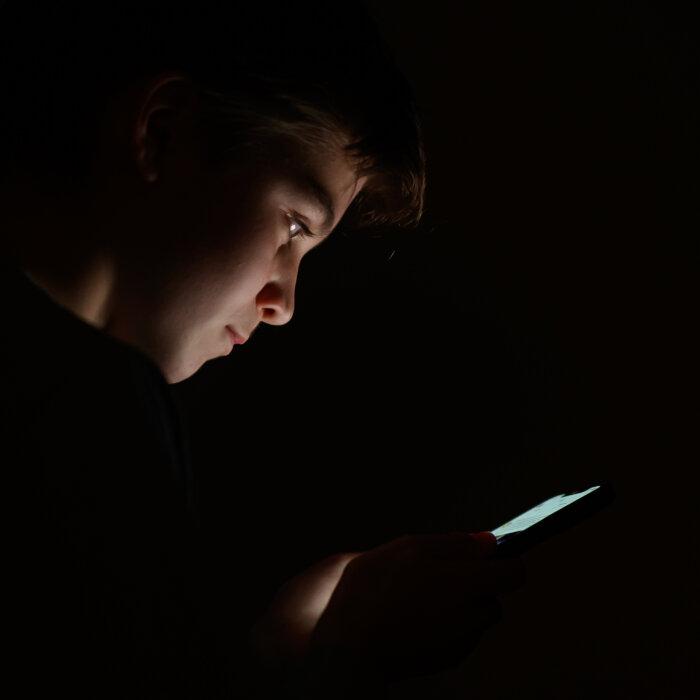The Australian government has promised to bring in new laws this year to ban social media for children as Prime Minister Anthony Albanese called it a “scourge.”
Albanese said Australia would trial age verification technology with a view to banning children from opening social media accounts.
He said the minimum age would be somewhere between 14 and 16, although this has not been confirmed yet.
Several countries and U.S. states are planning to legislate against children using social media platforms such as Instagram, Snapchat, TikTok, X, and Facebook, amid global concerns about bullying and viewing of inappropriate material.
Albanese, who became prime minister in 2022, told the Australian Broadcasting Corporation that harmful social media “is a scourge.”
“We know that there is mental health consequences for what many of the young people have had to deal with. The bullying that can occur online, the access to material which causes social harm, and parents are wanting a response,” said Albanese, who is 61 and has a 22-year-old son.
“We’ve committed to introducing legislation before the end of this year for age verification to make sure that we get young people away from this social harm.
“I want to see kids off their devices and onto the footy fields and the swimming pools and the tennis courts. We want them to have real experiences with real people because we know that social media is causing social harm.”
The Labor government in Canberra announced the ban after opposition Liberal Party leader Peter Dutton promised in June to introduce a ban on social media for children within 100 days of winning next May’s general election.
Several countries have been trialing ways of restricting social media use by children, but they have faced legal and technological challenges.
‘This Is a Global Issue’
Albanese said Australia was not alone.“This is a global issue that governments around the globe are trying to deal with ... we know that it’s not simple and it’s not easy, otherwise governments would have responded before,” he said.
Lisa Given, an information technology expert at the Royal Melbourne Institute of Technology, said the Australian government’s move could be a double-edged sword.
She said: “This is actually a very problematic move. This is a very blunt instrument that’s going to potentially exclude children from some very, very helpful supports on social media.”
A federal ban by the Australian government would supersede bans which are being proposed by several states.
Republican state Rep. Sarah Vance said in a statement, “This premature exposure not only accelerates the sexualization of young minds but also exacerbates issues such as school bullying and fosters unrealistic self-expectations, demanding immediate legislative action.”
DeSantis Vetoed Florida Bill
The bill was later vetoed by Florida Gov. Ron DeSantis.
“All parents and everybody across the country is concerned about what can actually be accessed on a phone,” Keir said.
France introduced legislation in July 2023 that requires social network service providers to refuse access to children under 15 without their parents’ approval.







